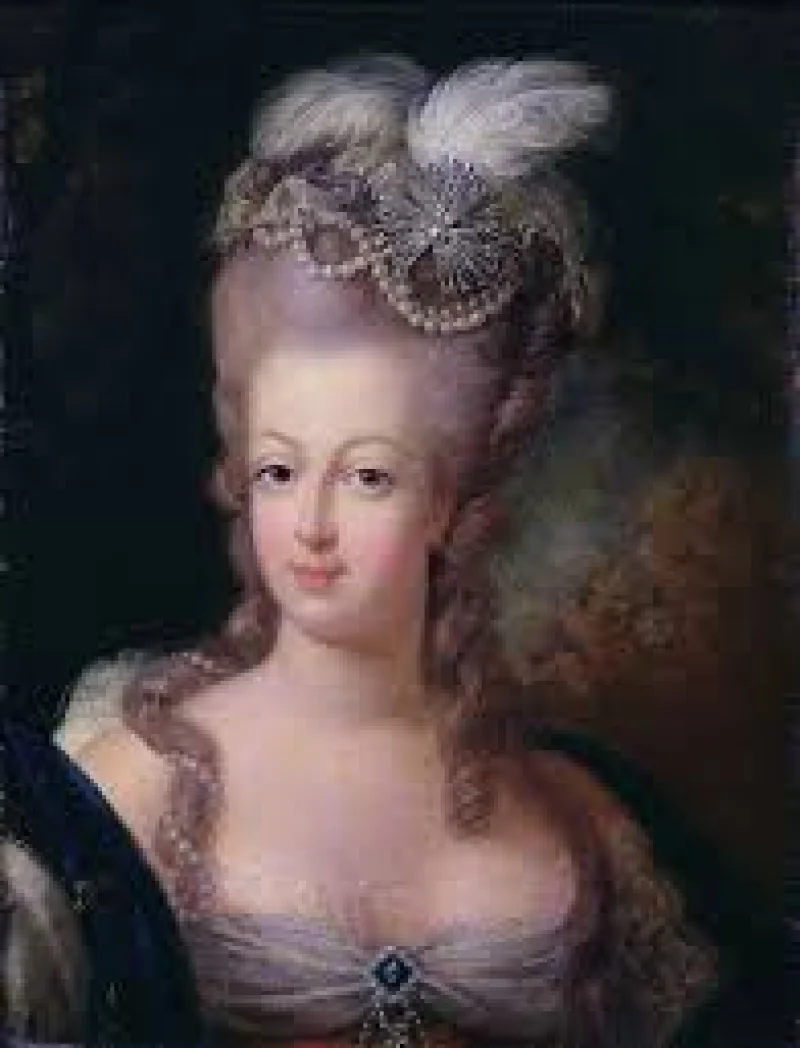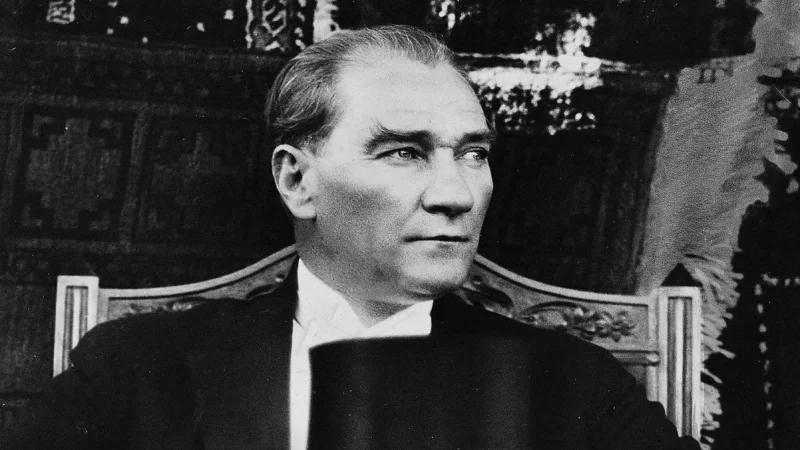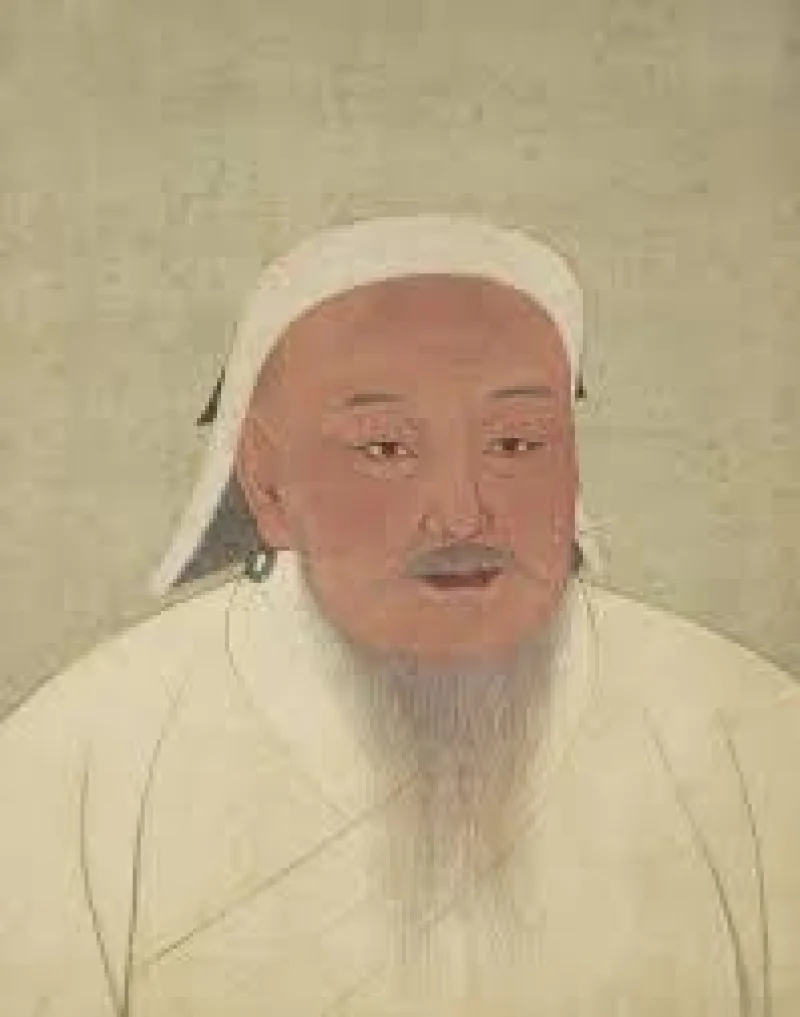Short Summary
Voltaire, born François-Marie Arouet, was a prominent Enlightenment thinker known for his wit, advocacy for civil liberties, and criticism of the French establishment. He wrote extensively on philosophy, history, and religion, promoting ideas of freedom of expression, separation of church and state, and the importance of reason. His satirical works and sharp critiques of authority made him both famous and controversial, and his influence extends into modern discussions on human rights and justice.
Early Life & Education
François-Marie Arouet was born on November 21, 1694, in Paris, France, into a bourgeois family. His father was a notary, and his mother came from a noble family. He was educated by Jesuits at the Collège Louis-le-Grand, where he developed a love for literature and languages. His rebellious spirit and sharp intellect were evident early on, leading him to reject the legal career his father intended for him. Instead, he immersed himself in the world of letters, quickly gaining a reputation for his wit and intelligence.
Career Highlights
Voltaire's career was marked by prolific writing and bold critiques of the French monarchy and the Catholic Church. He gained fame with his play "Oedipus" and his epic poem "La Henriade." His satirical novella "Candide" remains one of his best-known works, critiquing blind optimism. He spent time in exile in England, where he absorbed ideas of constitutional monarchy and freedom of speech. Returning to France, he continued to write, advocate for civil liberties, and engage in public debates, often finding himself at odds with authorities.
Major Achievements
- Published "Candide" (1759), a satirical novella that critiques optimism and explores philosophical ideas.
- Advocated for freedom of expression and religious tolerance, influencing Enlightenment thought.
- Played a key role in popularizing the ideas of Newtonian physics in France.
- Wrote numerous plays, essays, and historical works, contributing significantly to French literature.
Famous Quotes
- "I disapprove of what you say, but I will defend to the death your right to say it."
- "Judge a man by his questions rather than his answers."
- "The best is the enemy of the good."
Interesting Facts
- Voltaire spent time in the Bastille prison for his satirical writings.
- He was exiled from France multiple times due to his critiques of authority.
- Voltaire was a successful businessman, amassing considerable wealth through investments.
- He corresponded with many notable figures of his time, including Frederick the Great and Catherine the Great.
Legacy / Influence
Voltaire's advocacy for civil liberties and his critical approach to authority have left a lasting impact on Western thought. His writings influenced the French Revolution and the development of modern democratic principles. Voltaire's commitment to reason and justice continues to resonate, inspiring movements for freedom of expression and human rights worldwide.
FAQ
Q: Why is Voltaire famous?
A: Voltaire is famous for his wit, advocacy for civil liberties, and influential writings during the Enlightenment.
Q: What is Voltaire's most famous work?
A: "Candide" is considered one of Voltaire's most famous and enduring works.
Q: What was Voltaire's view on religion?
A: Voltaire was critical of organized religion and advocated for religious tolerance and freedom of thought.












